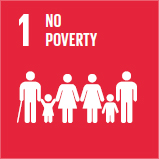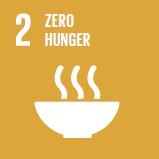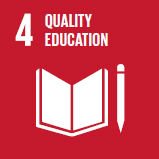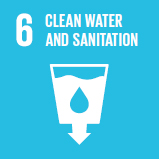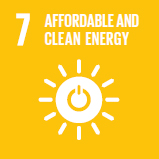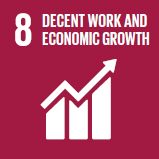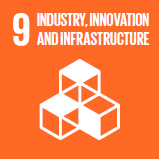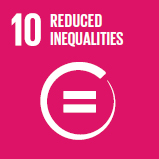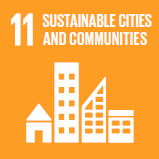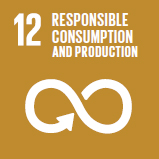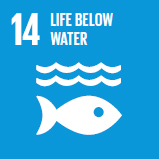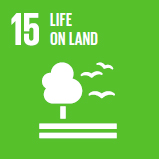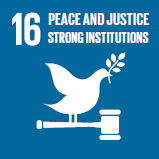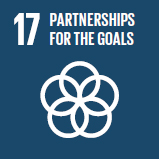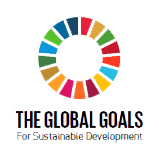- Home
- /
- Annual Sustainability Report 2021-2022
- /
- Research
Research
Research focused on sustainability is carried out across a wide range of expertise areas within the University, often involving partners from different sectors as co-researchers who can help to implement solutions and drive change. This section shares a selection of the projects and publications that completed in 2021-2022.
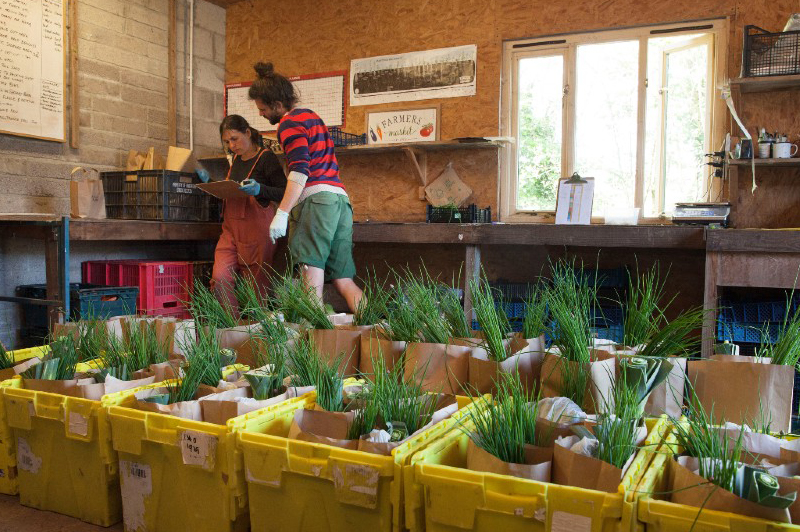
Photo caption: image of sustainable food micro-businesses in rural settings
Driving integrated local development
Our Countryside and Community Research Institute completed the ROBUST project in November 2021, having collaborated with 23 partners across Europe and funded by Horizon 2020. The project explored the development of better policies that understand rural-urban relationships, taking views across sectors from practice, research and local government. It focused on achieving sustainable, inclusive development that creates jobs and adds value in rural settings, balancing growth needs in housing and infrastructure with protecting the natural environment.
Key outcomes:
- 11 real case studies developed in diverse territories, identifying challenges and systemic solutions
- Cross-cutting analysis and principles for stronger policy development that uses local capacities and knowledge
- New business models, natural flood management governance, policies for mobility as a service, and dynamic procurement for localised food systems
Microbusinesses and sustainable food
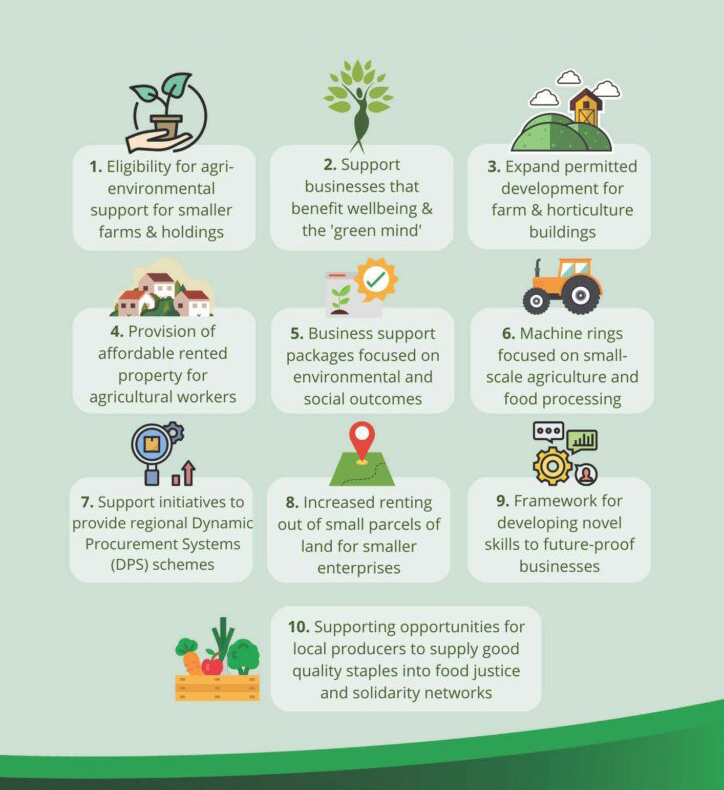
View the 10 project recommendations
1. Eligibility for agri-environmental support for smaller farms & holdings
2. Support businesses that benefit wellbeing & the ‘green mind’
3. Expand permitted development for farm & horticulture buildings
4. Provision of affordable rented property for agricultural workers
5. Business support packages focused on environmental and social outcomes
6. Machine rings focused on small-scale agriculture and food processing
7. Support initiatives to provide regional Dynamic Procurement Systems (DPS) schemes
8. Increated renting out of small parcels of land for smaller enterprises
9. Framework for developing novel skills to future-proof businesses
10. Supporting opportunities for local producers to supply good quality staples into food justice and solidarity networks
Youth sustainability action in european schools
Colleagues in our School of Education, Dr Paul Vare and Cathy Burch, have collaborated on two linked projects to integrate student-led sustainability action projects into secondary schools. Funded by the EU Erasmus+ programme, ‘Young Europeans’ and ‘Mission-based Learning’ have worked with schools in 7 European countries with a competence-based approach.
Key outcomes:
- Young people empowered to shape and deliver social and environmental projects in each of the 7 schools, engaging them in democratic processes and building action competencies.
- Project guides for schools and overview films created and available online at Young Europeans and Mission-based Learning.
Sustainability competences publication
In March 2022, Dr Paul Vare and co-authors Dr Nadia Lausselet from Switzerland and Dr Marco Rieckmann from Germany published an edited collection on competences in sustainability education. Titled ‘Competences in Education for Sustainable Development: critical perspectives’, it brings together perspectives from a range of countries and education settings exploring the use of competences to support change for sustainable development.
Urban greening to support net zero
This collaboration focused on biodiversity improvements in urban spaces, as part of the Net Zero Innovation Programme, in collaboration with University College London. It involved Cheltenham Borough Council’s ‘Cheltenham Zero’ initiative, with Alessio Russo, Masters in Landscape Architecture course leader, Matt Reed, Director of our Countryside and Community Research Institute, and Emma Higgins, MA student in Landscape Architecture.
Key outcomes:
- Assessing perceptions and preferences around native and non-native plants, to see if new knowledge around biodiversity benefits can change attitudes, to create a shared sense of stewardship for ecological diversity in designed spaces
- User-friendly tool developed that tackles technical and societal aspects involved in efforts for rapid greening of urban spaces, helping land managers to make better planting and management decisions to support biodiversity
Reporting on the UN Global Goals
This report meets our annual reporting commitments on the Sustainable Development Goals (SDGs) as an institutional signatory to the tertiary sector SDG Accord.
Throughout this annual report, we record how the actions and results shown in this report contribute to the delivery of the UN SDGs. The actions on this page contribute to the specific goals marked below. For more information click here.

